As the precursor to this study was published in 2012, the first part of the current study will contrast and compare changes and trends in territorial governance since then in all the countries where there are CEMR members.[1] Much of the data underscores territorial developments that have been ongoing and observed for many years, such as decentralisation, devolution of powers and responsibilities, and a shift in the direction of intermunicipal cooperation. However, the experiences of local and regional governments across Europe also recount new cases of shared responsibilities with the national governments delivering public services, even during a health crisis. The Organisation for Economic Cooperation and Development (OECD), the United Cities and Local Governments (UCLG) and the Council of Europe (CoE) have all published insightful work that confirm many of CEMR’s findings.[2]
The second and third parts of this study also take a close look at the powers and responsibilities of local and regional governments with respect to public health. The overriding aim is to understand how public health management and delivery are exercised in Europe in actual practice. Furthermore, the data collected through CEMR’s national associations provide insights into the different approaches adopted by governments to coordinate a pandemic response with the other tiers of government.
Conclusions are already being drawn and lessons learnt from recent events about how different governance models affect the ability of institutions to manage emergency situations and crises. We have seen that the governance models most capable of delivering successful responses to the COVID-19 pandemic were those that allowed for effective coordination within and across tiers of government.[3]
However, this study goes beyond simply highlighting the changing nature of powers and responsibilities owing to territorial reforms and evolving governance processes in Europe in recent years. It also underlines the work of national associations and their key role in fostering effective and empowered local and regional governments, as well as in stimulating critical peer-learning that cuts across tiers of governments and national boundaries.
Even as we begin to reset our economies, the repercussions of the pandemic will continue to be felt for many years to come. It is therefore important to examine how different tiers of government can best combine their strengths to deliver policies and results that correspond to the needs of people, communities and businesses and research centres. The experiences of CEMR’s members give us an inside look at how governance is exercised and how governance relationships are evolving as a result of digitalisation, climate, social, economic and demographic changes as well as of the pandemic. These are all major drivers that impact how public policies are prepared and delivered.
Using the detailed information and experiences from CEMR’s members, we have been able to put together an overview of the evolution of local governments and local governance over the past decade (2012-2021) (Part 1), an update on local public health systems and previous reforms (Part 2) as well as an analysis of the impact that one year of pandemic management has had on governance in general, and on local public health management in particular (Part 3).
It is our sincere hope that this study will prove instrumental in shaping governance processes at the national, European and international levels and foster the attainment of stronger governance arrangements and better policy outcomes. This is vital given the importance of relaunching our economies and ensuring that funding packages, such as that of the EU’s Recovery and Resilience Facility, will achieve the desired outcome of boosting Europe’s economies and putting them on the path towards greener, sustainable growth.
[1] 40 countries listed on our website: https://www.ccre.org/fr/pays/map
[2] For further reading, see Organisation for Economic Co-operation and Development (OECD), Making decentralization work – A handbook for policy-makers (2019), https://www.oecd.org/regional/making-decentralisation-work-g2g9faa7-en.htm, and the bibliography
[3] Information based on the experiences of our members collated by CEMR’s Covid-19 task force in 2020.
